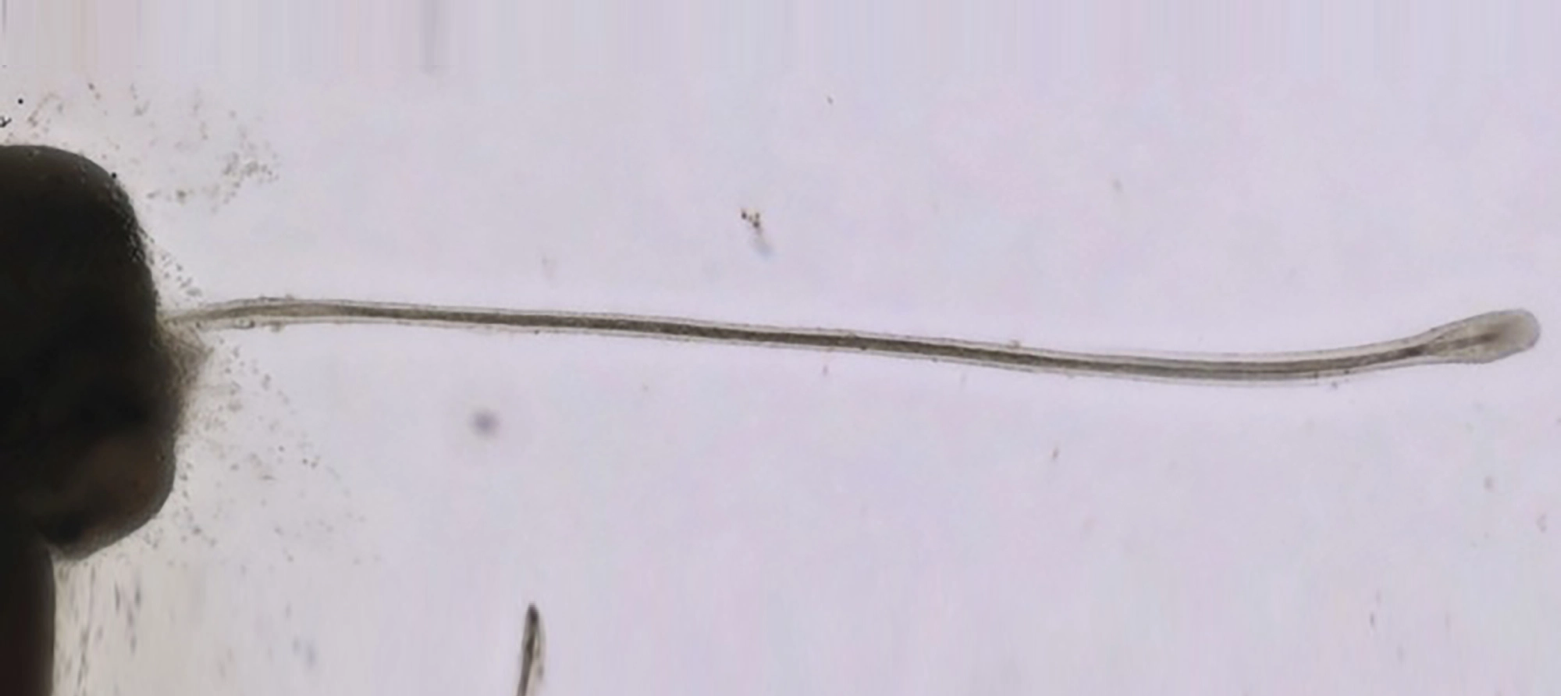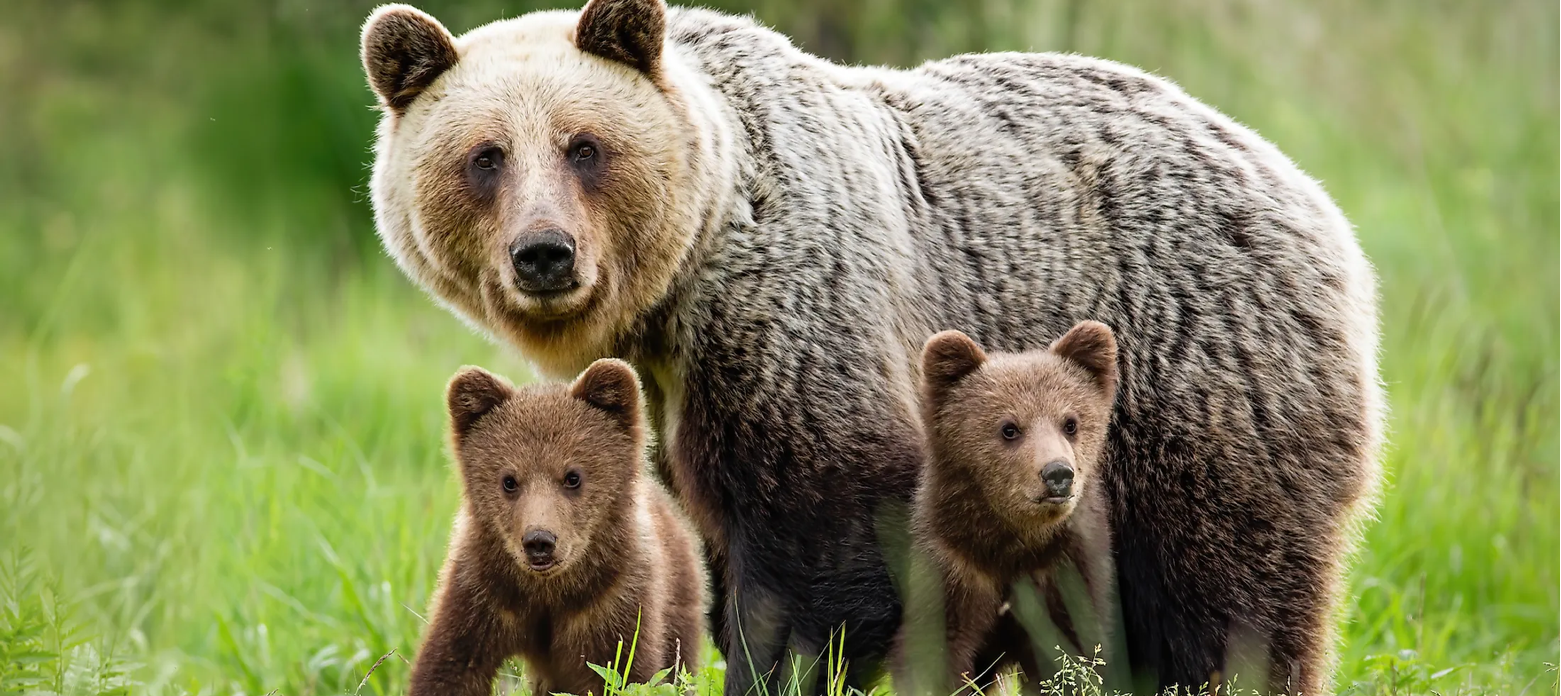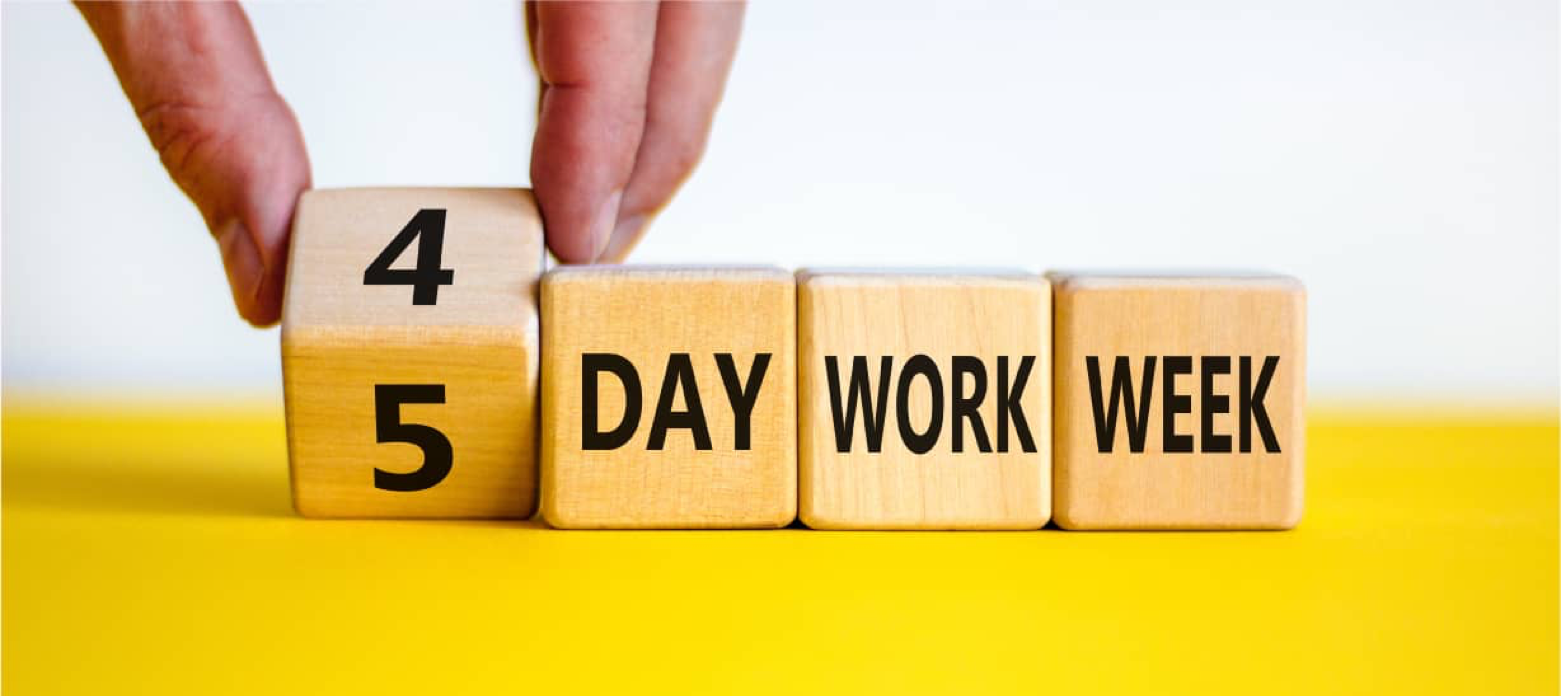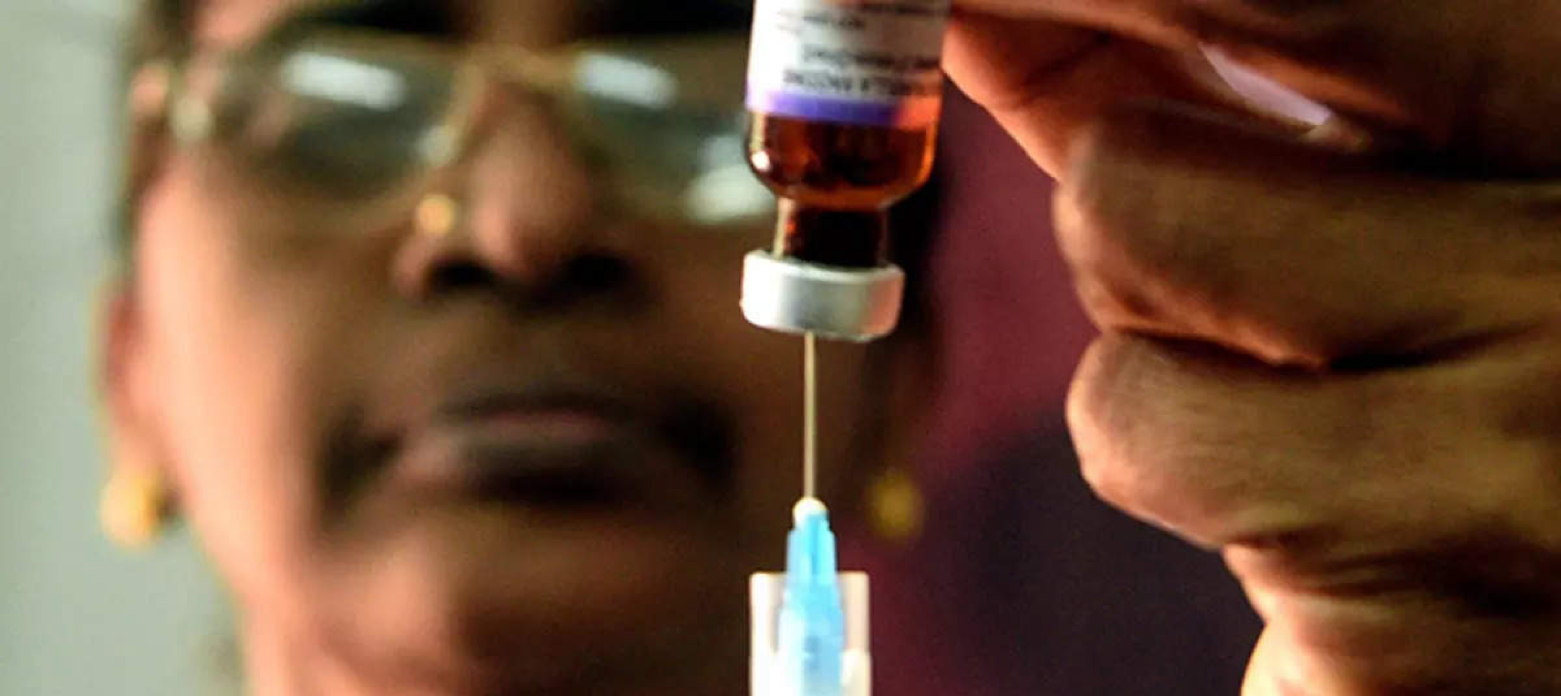Hello Friend :) A warm welcome to you – and thank you for signing up for this experiment! Expect a text message every Tuesday and Friday at 9 AM throughout October, and do let me know if you have any feedback whatsoever.
-Remember, in the palm of your hand you have access to the entire world: If you find something to be optimistic about, share it to inspire others!
Wishing you a wonderful day,
Denis
28/10 – Sleep by law

The Atlantic: A new law in California – the most crowded state in the US, 3 million of whom are teenagers – now requires that educational institutions for teenagers do not begin class before 8:30 am, at the earliest, so teenagers can get the sleep they need. By law!
Why is this good news? Because we are biological beings in a technological world, and our mental health matters. Science has long proven that teenagers are special beings in a special time of their life – they don't want to wake up early not because they are lazy, but because biology! They simply can't. So why keep forcing them to do so, when we know it negatively affects their mental health?
Further reading: Educational institutions that have experimented with later classes report that teenagers on average get 34 minutes more sleep per night – resulting in better attendance, higher grades, stronger social ties and better mental health.
25/10 – Artificial hair follicles

Science Alert: Scientists from Yokohama National University — who have been studying hair follicle growth and hair pigmentation for years — have successfully generated hair follicles in petri dishes for the first time ever.
They used embryonic skin cells from mice cultured in a special type of gel, and the team is now working to recreate the experiment using human cells.
This breakthrough is considered an important step toward understanding hair-loss disorders in general, for evaluating hair pigmentation and for finding new hair-growth drugs in order to treat baldness in the future.
Why is this good news? Artificially producing hair follicles has historically been very difficult, because every hair is a tiny little organ. But now, research in regenerative medicine is inching us ever closer – and the same principles could one day be applied to regrow other organs.
Further reading: In another breakthrough advance in regenerative medicine earlier this year, a woman in the US had her ear reconstructed using a 3D-printed living tissue implant.
10 surprising statistics about hair loss:
- One in 4 men will start balding before 21.
- 29% women with hair loss showed two symptoms of depression.
- Women with high stress levels are 11 times more likely to experience hair loss.
- 58% children suffering from alopecia met the criteria for anxiety disorders.
- Hair loss can start as early as 15.
- Native Americans are immune to hair loss.
- African American women are more susceptible to traction alopecia.
- Canada is the most expensive country to have a hair transplant.
- Smokers have incredibly higher chances to suffer from severe hair loss.
- British men are more afraid of losing their hair than their job.
Source: Scandinavian Biolab
21/10 – Bodyheat energy

The Guardian: An arts venue in Glasgow called SWG3 has activated a unique system that creates renewable energy from the body heat of people on its dance floor.
The energy is captured and stored 200m below the ground in a thermal battery – until the energy is required to heat or cool the building. This is expected to reduce the CO2 emissions of the venue by 50% per year.
Why is this good news? Because this is fun and cool and innovative – and because many small streams make a big river: We’re witnessing an enormous amount of innovation in the world that all contribute to a more sustainable future!
18/10 – #MeToo movement

Pew Research Center: Five years after #MeToo went viral, Pew Research Center has conducted a survey of 6034 adults in the United States.
70% of the respondents – across demographic groups and political party lines – say that, compared with five years ago, people who commit sexual harassment in the workplace are now more likely to be held responsible for their actions.
62% of the respondents say that, compared with five years ago, those who report harassment or assault at work are more likely to be believed.
Why is this good news? Being a white guy and all – it's really not my place to promote gratitude for modest progress in women's rights, equality and reduced harassment.
I do find it important, though, that we exercise our ability to recognise progress in general – in order to understand that our efforts truly matter, and then use the energy and momentum from it to demand even more progress!
Context: The movement was founded by activist Tarana Burke, who coined the term “MeToo” in 2006, but it gained widespread attention in October 2017 when actress Alyssa Milano urged victims of sexual harassment and assault to share their stories on social media. By early November 2017, #MeToo had been retweeted 23 million times in 85 countries.
Further reading: The Global Impact of the #Metoo Movement, an article published by Lexology, February 2022
14/10 – Environmental personhood

Euronews: Spain has become the first country in Europe to give personhood status to an environmental entity – legally recognising the rights of the Mar Menor lagoon to exist as an ecosystem and evolve naturally.
More than 600.000 citizens backed the initiative after the lagoon suffered massive degradation from coastal development and runoff of fertilisers from nearby farms.
Why is this good news? Granting personhood and legal rights to nature is a radically new approach to protecting ecosystems and biodiversity all around us. It's refreshing, respectful and meaningful!
Although Mar Menor is the first case in Europe, the movement is gaining momentum fast these years – a few examples: New Zealand passed a groundbreaking law granting personhood to a river in 2017, a lake in Ohio got legal rights in 2019, and South Africa made clean air a constitutional right in 2022.
11/10 – Wildlife in Europe

Our world in data: Thanks to environmental governance and tireless conservation efforts by people committed to protect and preserve nature for the benefit of all, many mammals across Europe have made a significant comeback over the last 50 years!
Compared to 1960, there are 44% more brown bears, 196% more wolverines, 390% more wild boar, 6273% more grey seals and 16.626% more European bison.
Why is this good news? These things don’t just happen – they happen because of serious efforts that need to sustain. But! The efforts do happen, seamlessly in the background of all the noise. Combined with the natural resilience of nature there is much, much hope ahead :)
Similar news to ease your heart: 1) Snow leopards were taken off the endangered list in 2017. 2) Four tuna species were taken off the endangered list in 2021, marine biologists amazed. 3) Giant panda, the national animal of China, was taken off the endangered list by China itself in 2021. 4) The number of nesting sites for sea turtles at Cape Verde has increased from 10.725 in 2015 to almost 200.000 in 2020. 5) There are 20% more giraffes in Africa in 2022 compared to 2015.
7/10 – 4-day workweek

FORBES: 3300 workers across 72 companies in the UK are halfway into a 6-month trial of the 100-80-100 model, a.k.a. 4-day workweek.
41 companies participated in a midterm survey: 15% say that productivity has “improved significantly”, 34% say it has “improved slightly,” and 46% find that productivity has stayed the same – despite everyone working one day per week less. 86% of respondents said they would be “extremely likely” and/or “likely” to consider working one day less when the pilot ends.
Why is this good news? Time is not money – time is an extremely scarce resource – and a commonly cited regret of dying people is having spent too much of their life on work. A future of actual work-life-balance could be highly beneficial for productivity, social economics and mental health alike.
Context: It is called the 100-80-100 model because employees receive 100% pay for 80% of the time in exchange for a commitment to maintain 100% productivity.
Although working 80% of the time is impractical in certain sectors, many office workers could enjoy huge benefits from having more time away from work without reduced pay.
In 2021, there were over 864.000 office workers employed in the United States – 28% male and 72% female.
More reading: A British report from 2021 concluded that a 4-day work week would be beneficial for the overall mental health of the population and reduce greenhouse gas emissions by 20%.
4/10 – Cancer vaccine

REUTERS: India, the second-most populous country in the world, and the largest democracy on the planet, has developed an effective and affordable cervical cancer vaccine for its population of 1,375 BILLION people.
The vaccine is expected to be out for sale in a few months, first for the Indian market and then the world. It may be priced between 200 rupees ($2.51) and 400 rupees ($5.03) – a tenth of the current cost for commercially available drugs – and the company will aim to produce about 200 million doses in two years.
Why is this good news? Cervical cancer is the fourth most common cancer among women globally, with an estimated 604,000 new cases and 342,000 deaths in 2020, according to the World Health Organization. About 90% of the new cases and deaths worldwide occurred in low- and middle-income countries.
A major Danish study showed last year that women who receive an HPV vaccine before the age of 20 are 86% less likely to develop cervical cancer.
Context

Our world is a messy and confusing place, and the time ahead of us will be a time of transformation. Acknowledging and sharing news of actual progress may prove important as a tool for maintaining our mental health – a tool to stay SANE while most news outlets insist that today is just as bad or even worse than yesterday.
-Personally, I believe we are witnessing a radical shift in human mentality, an outbreak of awareness, that will empower us to overcome the massive challenges before us. I sense it strongly and sincerely, although leaning into this belief feels vulnerable and scary.
This hope – this critical optimism – I want to share with as many people as possibly possible; and it all begins with you and me having better conversations.
Thank you,
Denis
